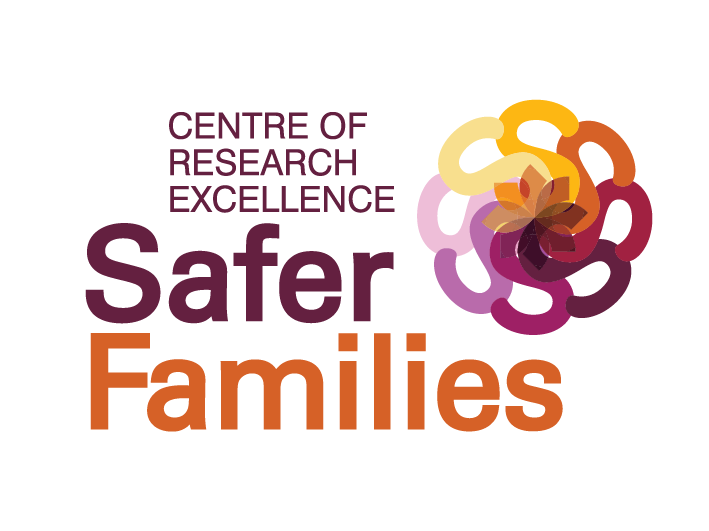Understanding the response to child maltreatment by general practice
Project Lead
Jacqueline Kurrupu
Funded by Australian Rotary Health and the Rotary Club of Balwyn North
What’s the project about?
Child abuse and neglect is a prevalent public health issue linked to survivors experiencing a higher risk of health issues such as obesity, heart disease and major depression. Given the significant impact of child abuse on health, general practitioners (GPs) and primary care nurses (nurses) are well-placed to respond to child abuse. However, research shows that responding to child abuse is difficult for health practitioners, especially the act of reporting child abuse. The present study aimed to understand how GPs and nurses experience the response to child abuse in primary healthcare.
This project aims to explore GPs’ and nurses’ response to child abuse and neglect in primary care settings.
What can we expect to come out of this project?
This project advances knowledge on the factors influencing GPs’ and nurses’ decision to report child abuse and neglect. It also sheds light on how GPs and nurses practically navigate the response and on their emotional experience of the response to child abuse and neglect. These findings may be used as the basis for a future intervention to support GPs and nurses in the response to child abuse and neglect.
What is our progress to date?
A scoping review and interviews with 30 GPs and nurses have been completed. We found that the decision to report child abuse and neglect is complex, with multiple factors influencing the personal threshold of suspicion. The personal threshold of suspicion is the amount of suspicion a health professional needs in order to trigger their reporting duty. This this threshold varied between health professionals. Participants continued to negotiate this threshold within themselves and navigate their colleagues’, patients’ and Child Protections’ thresholds of abuse. In doing so, participants often ended up managing families experiencing child abuse and neglect themselves, without the support of Child Protection. This is an emotional undertaking for GPs and nurses. Participants worried about maintaining the therapeutic relationship and used strategies that created shifts in perception in both themselves and their patients to help maintain the therapeutic relationship. Participants often felt that they had to compromise their professional code of ethics to fulfil their mandatory reporting obligations. Thus, they experienced internal emotional battles when responding which led to some experiencing burnout or vicarious trauma and others resilience. This complex interplay of relationship and emotional management was placed in the context of emotional labour theory. We believe our participants undertook emotional labour across three levels: internal, organisational and systemic. We recommend a shift to relationship centered care principles to manage the emotional complexities surrounding the response to child abuse and neglect.
Related projects
‘It’s a necessary evil’: Experiences and perceptions of mandatory reporting of child abuse in Victorian General Practice.
https://www1.racgp.org.au/ajgp/2018/october/its-a-necessary-evil
RACGP’s White Book: Child abuse and neglect
https://www.racgp.org.au/clinical-resources/clinical-guidelines/key-racgp-guidelines/view-all-racgp-guidelines/abuse-and-violence/children-and-young-people/child-abuse-and-neglect
(Informed by the findings of this project)
Readiness program: Identifying and responding to child abuse and neglect e-learning module
https://www.saferfamilies.org.au/readiness-elearn
(Informed by the findings of this project)
Publications
Scoping Review – Tipping the scales: Factors influencing the decision to report child maltreatment in primary care
https://journals.sagepub.com/doi/10.1177/1524838020915581
Empirical research article: Navigating the grey area in the response to child abuse and neglect in primary healthcare settings – Currently under review
Empirical research article: Tensions in the therapeutic relationship: emotional labour in the response to child abuse and neglect in primary healthcare
https://bmcprimcare.biomedcentral.com/articles/10.1186/s12875-022-01661-7#citeas
Link to further information



